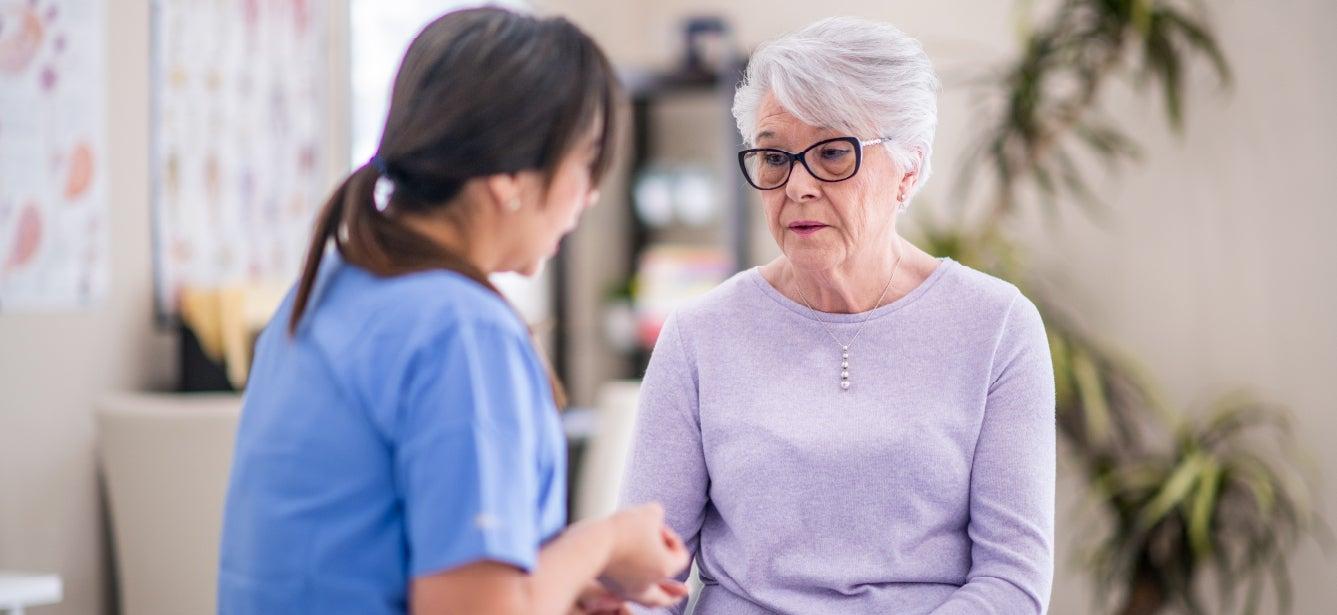How to Support Loved Ones Who Have Mental Health Conditions
2 min read

I had the privilege of talking to Jane Pauley, the host of CBS Sunday Morning, and an advocate on mental health issues. Our conversation set the stage for NCOA’s Symposium on Older Adults Mental Health Awareness Day.
Avoiding a mental health diagnosis won't help
I think the most important takeaway from Jane was that people really don’t want to hear a diagnosis of mental illness, but that’s like keeping your head in the sand: it doesn’t make the condition go away. Only treatment does. And treatment is possible only when you have a diagnosis.
With depression, people might think it’s a normal part of aging and that makes them think it’s not treatable, but nothing is further from the truth.
Jane was diagnosed with bipolar depression at age 50, after a series of treatments in the ER that started with a case of hives. There was no history of this condition in her family. Because the treatment for hives and then a more common form of depression still did not make her feel well, doctors realized that she had a genetic vulnerability to a mood disorder, which led to the correct diagnosis. It was a roundabout way to get there, but both her and her family were relieved to hear it because they could focus on a treatment.
Finding mental health treatment: Not always easy, but always worth it
And Jane stuck to the treatment, which, unfortunately, many people don’t do. Her message is that the treatment enables her to be a productive person and hopefully an example to people of how someone can live with a surprising diagnosis. Yes, the treatment for anxiety, for depression, or bipolar disorder is difficult, and finding the correct treatment can be a long and frustrating process. But you need to stick with it because it works.
Fortunately, advances in the availability of all types of telehealth, including online mental health therapy, mean more people can access the help they need.
Also, families need to understand that you don’t snap out of depression just because it’s sunny out. They need to help their loved ones seek medical care. Families are not trained to be the first responders that they often have to be. That’s why health care providers have a big job in helping families understand what they can and cannot do.


